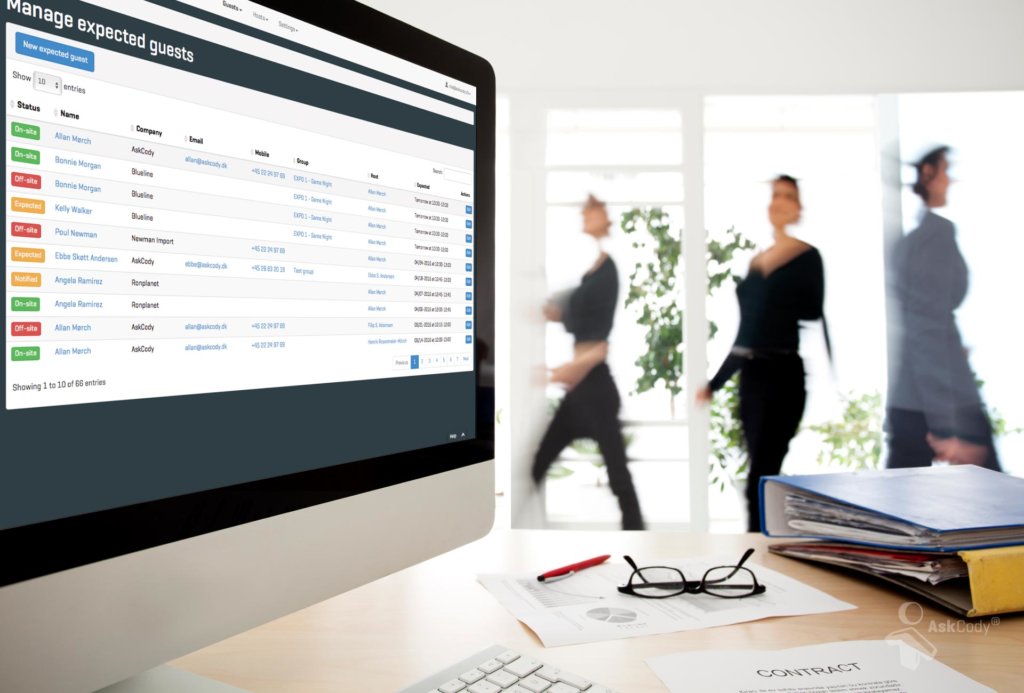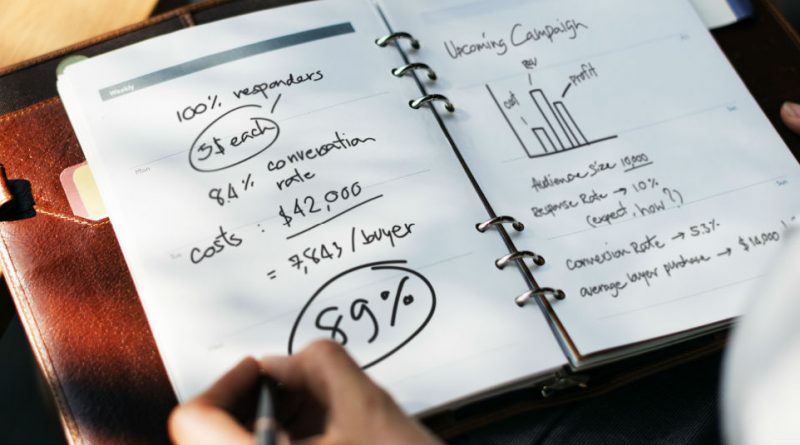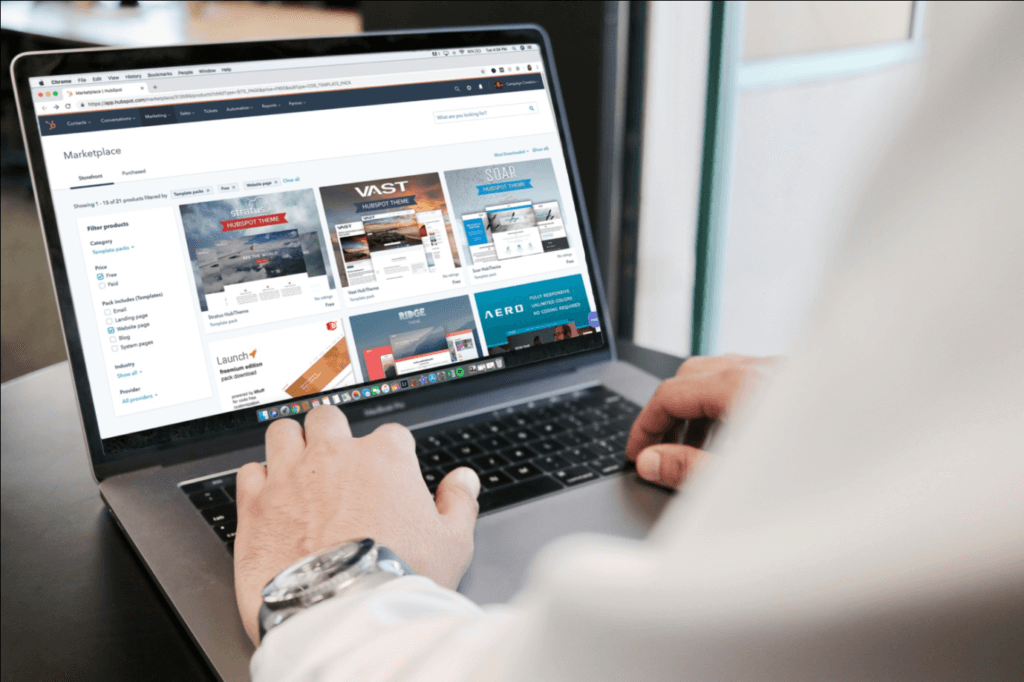
In the past few years, we’ve seen ecommerce websites grow from pure plays to multi-channel solutions. So much so, that the retail ecommerce market is predicted to amount to 6.54 trillion US dollars in 2022.
With an ecommerce website that’s easy to navigate, visually appealing and functional, the possibilities are endless. A majority of ecommerce sites have gone viral thanks to the right type of strategy and content.
So, how do you fast track the process of attracting shoppers to your online store? By creating a dynamic strategy that combines the services of Pay-Per-Click (PPC) and Search Engine Optimization (SEO) to get the best return on investment.
SEO efforts improve your website’s ranking on search engines. Being at the top of search results allows shoppers to connect with your brand when they conduct an online search for brands and services similar to the ones you offer. It’s a resource-intensive process that gives you steady and long-term ROI.
On the other hand, PPC allows companies to promote their website quickly through ads that appear on top of search result pages. Business owners pay for these ads only when they’re clicked. This digital marketing strategy offers a wide range of conversion opportunities through shopping ads, social media ads, display ads and text ads.
A lot of ecommerce store owners treat SEO and PPC as completely separate strategies but in reality, both strategies are two sides of the same coin: search.
PPC and SEO efforts complement each other and work together to drive better results, provide qualified traffic and increase leads.
Let’s look at other ways how a coordinated SEO and PPC strategy can boost revenue for your ecommerce site:
1. Improve Search Engine Presence

The synergy between SEO and PPC boosts your site’s visibility on search engine results pages (SERPs).
SEO helps you improve organic rankings, even giving you an increased chance of securing “Position 0”—standout bits of text that appear on top of the page as Featured Snippets.
Additionally, purchasing PPC ads for the same keywords puts your brand on top of the page; according to a survey of 506 people, 75% said that paid ads makes it easier for them to find relevant information.
Therefore, combining SEO and PPC advertising gives your brand the opportunity to dominate search results and capture valuable clicks.
2. Your PPC Ad Copy Adds Value to Your SEO Strategy

Google, these days, doesn’t give organic marketers the same data that it once did. It can be a challenge for marketers to identify keywords that drive traffic exclusively—this is where a collaboration strategy between SEO and PPC comes in!
You can test the “viability” of certain keywords through your PPC campaign. Simply pick keywords that you think stand a chance at ranking high and purchase PPC ads for it. Monitor its results for a while, and if the keyword performs well, it’s an indication that you can optimize your site with the specific keyword through your SEO efforts.
The mutual exchange of information between your two campaigns can help you secure long-term conversions without paying for every click.
3. Reach Previous Visitors

Let’s say your ecommerce site ranks fairly well on search engines and draws in a fair amount of visitors, thanks to your SEO campaign. However, these shoppers like to browse through stores and research products before making a decision.
By combining ecommerce SEO services with PPC remarketing, you can display your product ads to these visitors through Google and Facebook suggestions, bringing these potential leads back to your site to make the final purchase.
Remarketing, or retargeting, gives them a little push toward your brand and keeps your products on their radar, encouraging further engagement. In fact, studies have shown that visitors who are retargeted with ads are likely to convert by 70%.
4. Higher Quality Scores

The algorithms of Google and Microsoft Advertising scan your ads and the linked landing pages to ensure the relevance of the ad with the page content. Upon detecting valuable keywords, the algorithm rewards the page with a high quality score.
A high quality score, in turn, gives your site higher ranking with sponsored listings. Therefore, optimizing PPC landing pages for organic search helps improve quality scores.
5. Social Media Visibility

The reason behind social media’s dramatic growth is the emergence of targeted advertising opportunities. Social media platforms like LinkedIn, Facebook and YouTube serve targeted ads to a specific group of people based on their profile information on Facebook.
For example, a 20 year old girl in Pennsylvania who’s interested in makeup trends get targeted ads from makeup brands.
The data collected from the ecommerce SEO and PPC strategy can help you discover granular details about your target audience, giving you the opportunity to tailor your SEO strategy accordingly.
6. Discover Valuable Data for Smart Decision-Making

Your PPC and SEO campaigns provide you with valuable metrics like bounce rates, click through rate, conversion rate and time on site. By analyzing these metrics you can determine profitable keywords that are likely to send visitors to your site.
While you can get this data from SEO and PPC separately, combing both strategies provide double the data, which helps you make even smarter decisions about your marketing efforts.
7. Integrate AdWords Results with Your Ecommerce Feeds

By linking landing pages to your PPC ads you can drastically improve your brands’ visibility. The ad will feature your product along with reviews, and take the visitor to the product page to make purchases.
This gives you a great chance to boost your ecommerce sales.
8. Address Negative PR Strategically

Combining your SEO and PPC efforts offer great damage control when something negative about your brand circulates the online space.
You can guide the online conversation by controlling the PPC and SEO results that return for certain terms.
The Gulf oil spill was a great example of this strategic technique. The company paid for PPC ads that were linked to the keywords ‘oil spill’, and the ad was linked to a page on the company’s site about their cleanup efforts. A dynamic strategy like this can help your brand tell its side of the story.
9. Gain Insight on Customer’s Search Habits

Google really values engagement and participation when it comes to its organic search results. When visitors spend long periods on your site, Google knows that it delivered a search result that was highly relevant to what the visitor was looking for.
With PPC and ecommerce SEO campaigns, you can further explore how visitors engage with your content pages. After all, optimizing for users’ query intent help you meet your customers’ informational needs and rank high on SERPs.

10. Recover Missed Clicks
Business owners often assume that because their website ranks well for a keyword organically, they don’t really need to bid for a PPC ad for the same keyword.
A Google study has shown that when paid ads for certain keywords were paused, nearly 89% of the traffic generated from these ads couldn’t be replaced by organic rankings.
Therefore, pausing PPC efforts for a certain keyword could negatively impact your traffic—even when your website ranks on top, naturally!
Concluding Note
Overlapping PPC and SEO campaign works well. It gives ecommerce site owners a chance to rank organically in search engines, along with running targeted ads on Instagram and Facebook.
After all, at the end of the day boosting your ecommerce revenue depends on how well you’re able to drive potential shoppers to your store through appropriate SEO services designed particularly for your business.

